Riyadh talks mark turning point in US-Russia relations
- Update Time : Saturday, February 22, 2025
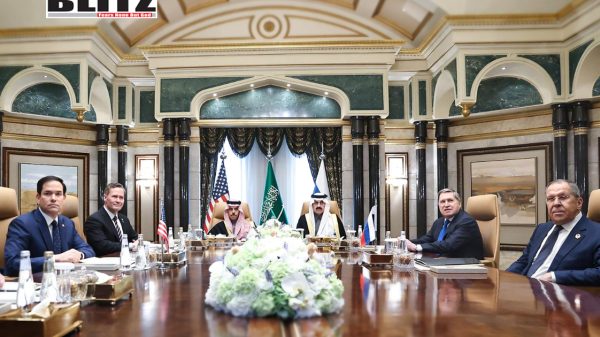
On February 18, 2025, a high-level meeting between Russia and the United States took place in Riyadh, Saudi Arabia, marking a pivotal moment in the ongoing geopolitical tensions stemming from the conflict in Ukraine. This meeting, which went far beyond being a mere “icebreaker,” showcased the Kingdom’s growing diplomatic influence and its capacity to mediate between two of the world’s most powerful nations. Held in the offices of Saudi Arabia’s Foreign Ministry and lasting over four hours, the discussions provided a rare opportunity for both sides to move beyond their entrenched positions, signaling potential shifts in both diplomatic and economic relations.
The Riyadh meeting was particularly significant because it was the first high-level engagement between Russia and the US since January 2022, when then-US Secretary of State Antony Blinken and Russian Foreign Minister Sergey Lavrov met in Geneva, just weeks before Russia’s invasion of Ukraine. That meeting failed to avert the war, but the Riyadh discussions demonstrated a growing willingness to engage diplomatically amidst the backdrop of a devastating conflict that has claimed countless lives and escalated tensions between East and West.
Held on Saudi soil, the venue itself symbolized the Kingdom’s diplomatic credentials and its efforts to mediate peace between Russia and Ukraine. This was not the first time Saudi Arabia had played a central role in peace efforts. In March 2022, just days after the conflict erupted, Crown Prince Mohammed bin Salman reached out to both Russian President Vladimir Putin and Ukrainian President Volodymyr Zelensky, offering Saudi Arabia’s assistance in facilitating dialogue for a political solution. The Riyadh meeting thus represented an important milestone in the Kingdom’s broader effort to present itself as a mediator and a regional power capable of bridging gaps in international diplomacy.
Following the meeting, US Secretary of State Marco Rubio hailed Saudi Arabia’s “indispensable role” in facilitating talks between the two powers. The US side was represented by a strong delegation, including Rubio himself-on his first visit to Saudi Arabia-alongside National Security Advisor Mike Waltz and Steve Witkoff, President Donald Trump’s Special Envoy to the Middle East. Witkoff’s reputation as a trusted confidant of Trump, coupled with his successful diplomatic efforts in securing deals like the Israel-Hamas truce, reflected the seriousness with which the US approached these talks.
The Russian delegation, led by Foreign Minister Sergey Lavrov, was no less formidable, including Kirill Dmitriev, a key figure in Russian economic affairs who heads the Russian Direct Investment Fund. Dmitriev, a former Harvard Business School graduate with extensive ties in the West, has become a close confidante of Putin, and his presence underscored Russia’s intent to not only discuss the conflict but also explore potential economic cooperation with the US in the long term.
After the talks, Rubio outlined several key points agreed upon by both sides. The first was the decision to restore the functionality of US and Russian diplomatic missions in Washington and Moscow, signaling a willingness to de-escalate tensions on the diplomatic front. The second point focused on the appointment of a high-level team to negotiate an enduring peace in Ukraine, aimed at ensuring a solution that would be acceptable to all parties involved.
Rubio further emphasized that the talks also touched on the economic cooperation that could emerge once the conflict is resolved. The notion of a stable, peaceful post-conflict environment providing opportunities for joint economic ventures in sectors such as energy, trade, and technology was discussed, with particular focus on potential collaborations in the Arctic. In addition, both sides agreed to remain engaged at a high level to ensure that diplomatic progress continued, highlighting the commitment to keep the channels of communication open.
Waltz, speaking at the conclusion of the talks, reiterated the urgency of ending the war, describing the conflict as a “meat grinder” for soldiers and civilians alike. He suggested that territorial concessions might be on the table, acknowledging the complex realities of negotiating peace in such a contentious conflict. Rubio echoed these sentiments, noting that sanctions relief could be part of the broader negotiations once progress was made on the ground.
Steve Witkoff described the talks as “positive, upbeat, constructive … solution-based,” adding that he couldn’t have imagined a more productive outcome from the meeting. This sentiment reflected a cautious optimism about the potential for tangible results in the coming months.
One of the most intriguing aspects of the Riyadh talks was the potential for a major shift in US-Russian relations after the war in Ukraine. Dmitriev suggested that once the conflict ended, there could be significant opportunities for joint ventures between the US and Russia, particularly in energy and other global initiatives. Such statements reflected an ambition to move beyond the current crisis and explore a closer economic relationship in areas like joint energy projects, technological development, and Arctic exploration.
Rubio echoed Dmitriev’s sentiments, noting that bringing an end to the war could pave the way for significant collaboration that would benefit both countries and potentially improve their long-term relations. However, the road to achieving this vision would not be easy. One of the most significant challenges would be securing the approval of Ukraine, which would need to be consulted throughout the process. Rubio acknowledged that the US would need to engage with Ukraine, NATO, and the European Union to ensure that any diplomatic progress aligned with their interests. The timing of these consultations remains uncertain, though Rubio emphasized that President Trump’s impatience and drive to act swiftly would likely push the process forward at an accelerated pace.
Another critical point of contention during the talks was the issue of a peacekeeping mission in Ukraine. Lavrov made it clear that Russia would not accept the deployment of troops from NATO member states, even if they were deployed under the flag of the European Union or other nations. Russia’s long-standing opposition to Ukraine’s NATO membership was reiterated as a significant security concern. Lavrov did leave the door open for the possibility of a United Nations peacekeeping force, although this remains an area of significant disagreement.
While the Riyadh meeting provided a significant step toward peace, the path forward remains fraught with challenges. The talks revealed the complexities of negotiating a peace settlement that is acceptable to all parties, particularly given the deep-rooted divisions between Russia, Ukraine, the US, and their respective allies. Moreover, the question of territorial integrity, sanctions relief, and the future of NATO’s involvement will likely continue to divide the parties as they move forward.
Nevertheless, the fact that such a high-level, productive conversation took place represents a glimmer of hope in an otherwise grim situation. If these discussions can build momentum, it may signal the beginning of a new diplomatic chapter in the Russia-US relationship and a potential end to one of the most devastating conflicts in recent history. However, for now, the world waits to see whether these talks will translate into meaningful change on the ground or whether they will ultimately become another failed attempt at peace.


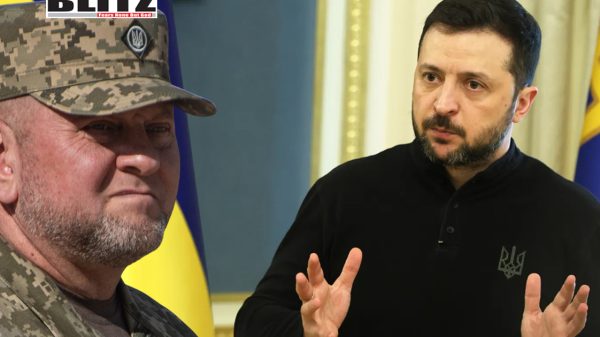
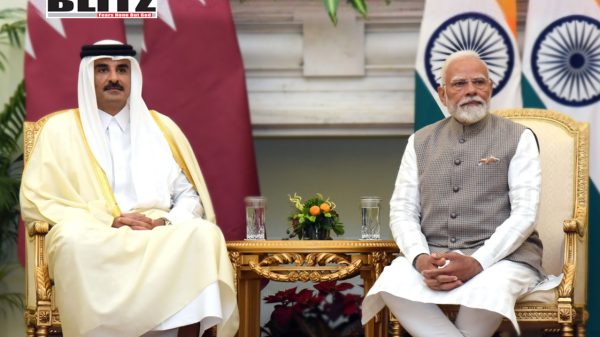
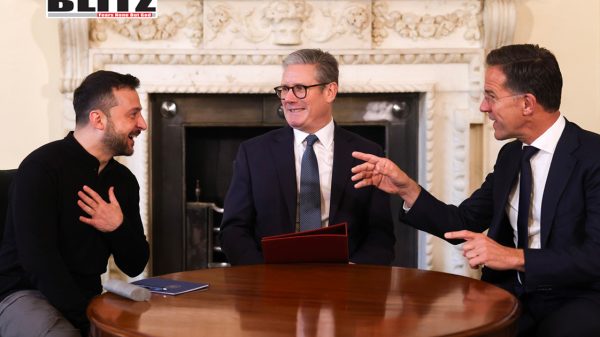
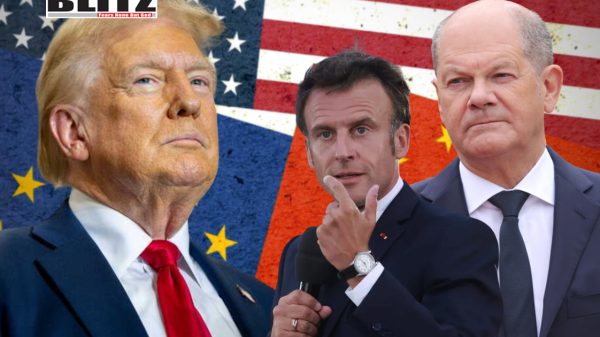
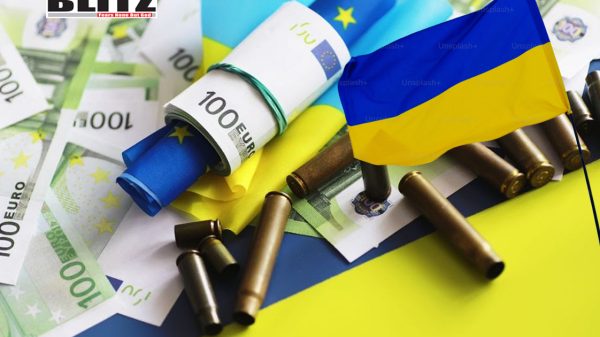
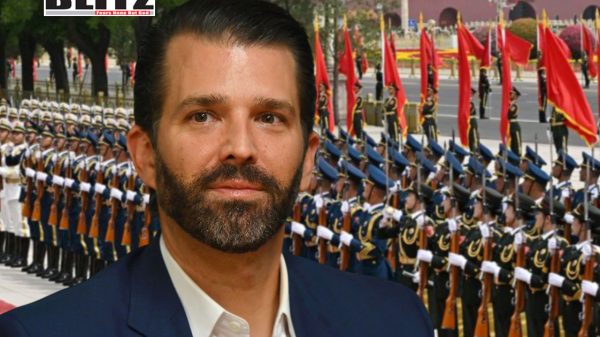
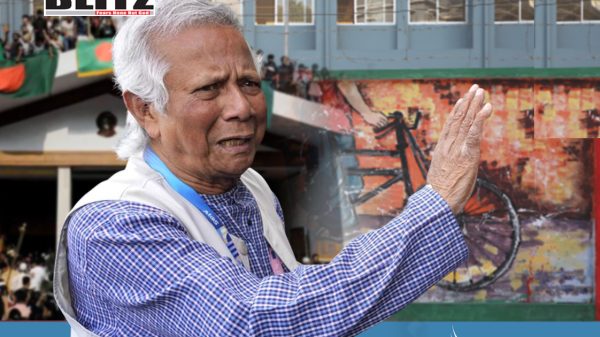
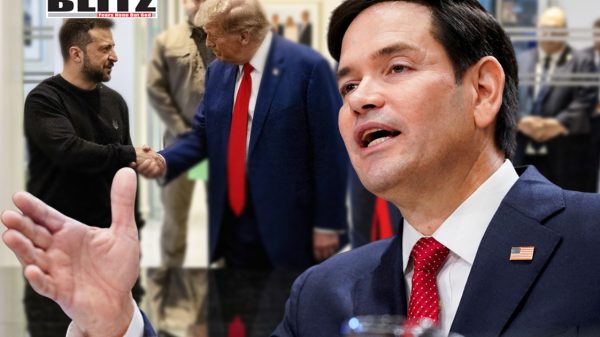
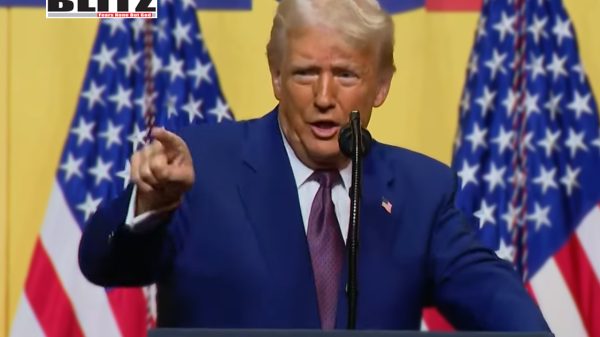
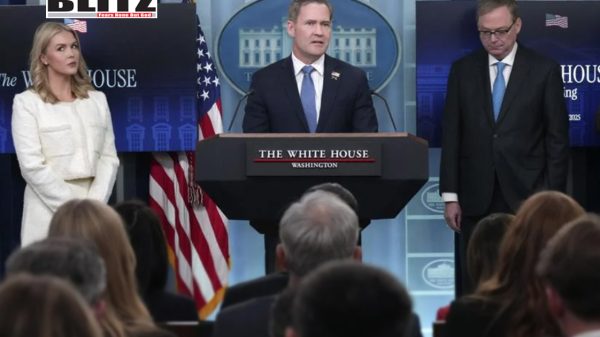
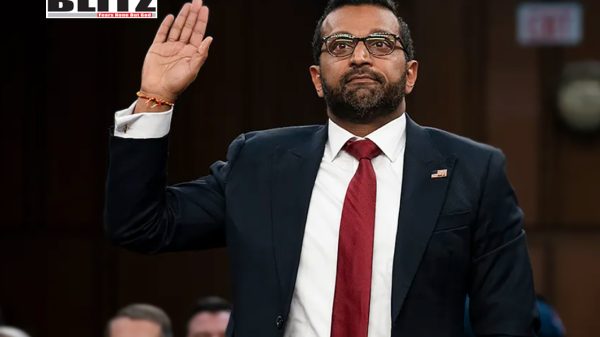

Leave a Reply